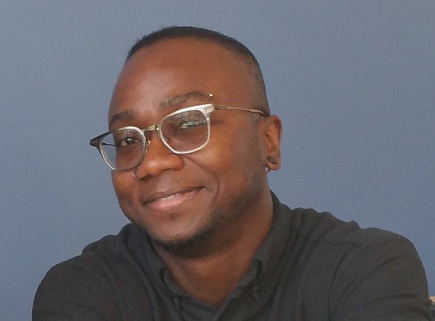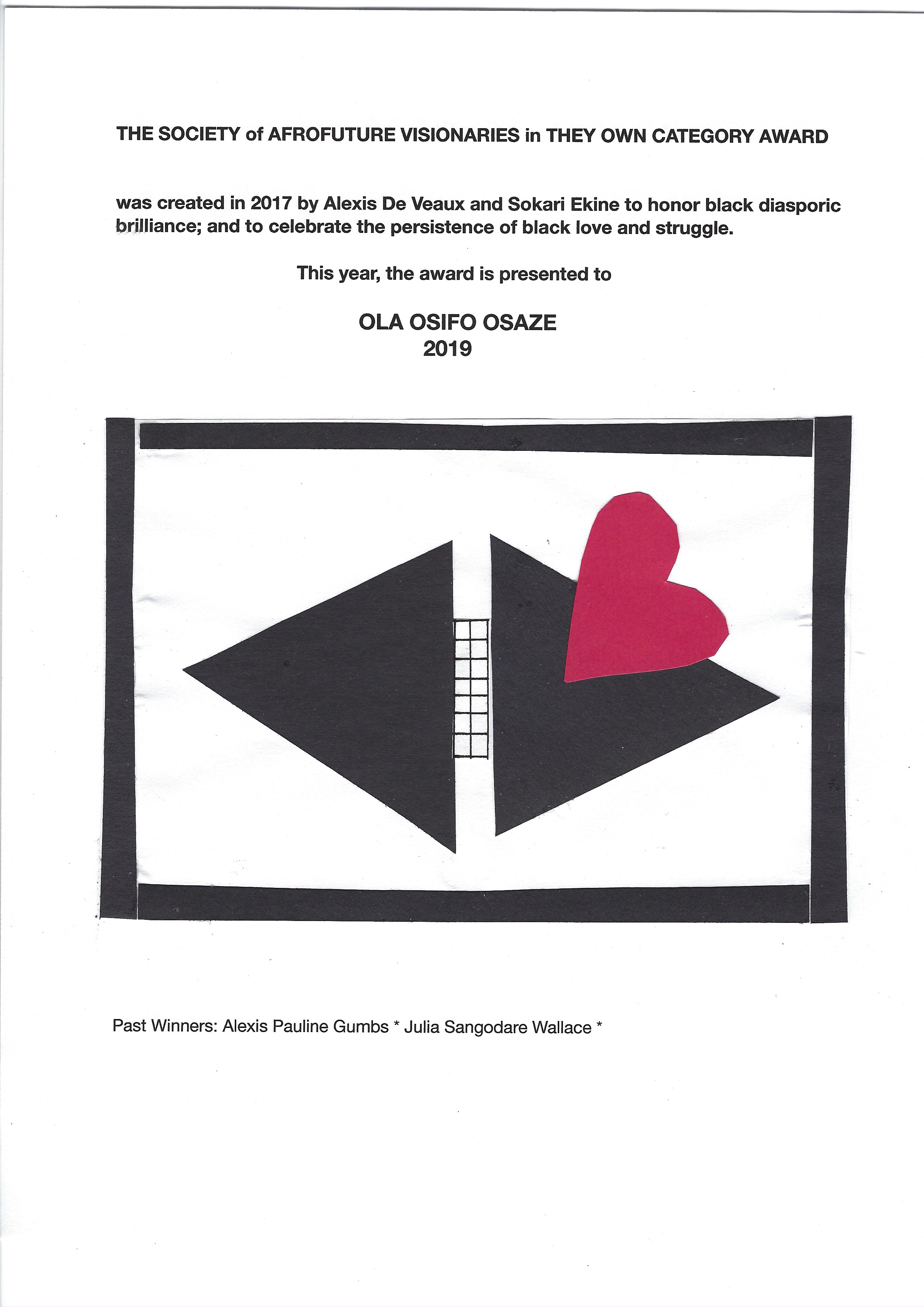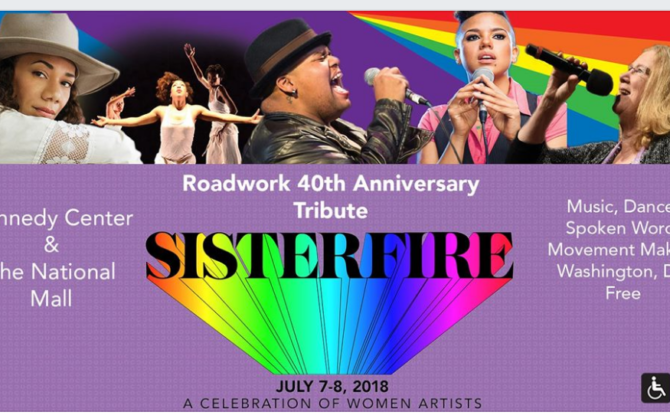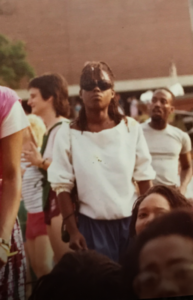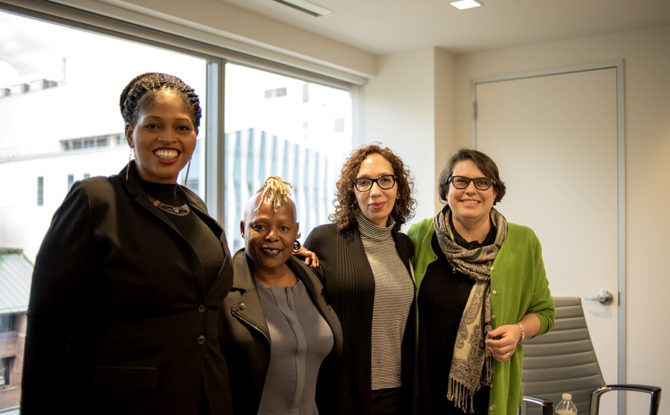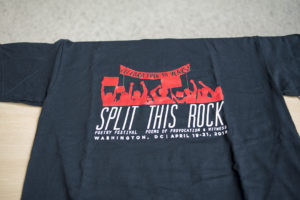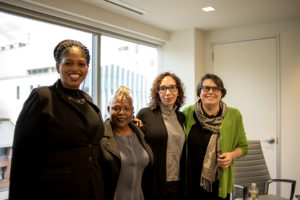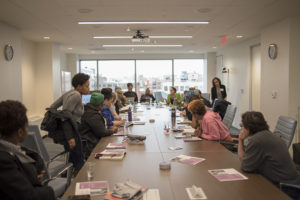Alexis De Veaux’s papers are archived at the Schomburg Center for Research in Black Culture, Harlem, New York and the Amistad Research Center, Tulane University, New Orleans.
The Schomburg Center for Research in Black Culture has Ms De Veaux’s papers covering the period 1970s, 1980s and 1990s including notebooks, plays, poetry, manuscripts and drafts, photos, memorabilia, VHS and audio tapes, and correspondence.
The Amistad Research Center has additional papers from 1967 to 2016. The archives mainly consist of correspondence, drafts of original manuscripts, photographs, and ephemera documenting her professional life and work. Correspondence within the collection is professional in nature covering De Veaux’s many speaking and lecturing engagements, publishing, her work as the chair of the Women’s Department at the University of Buffalo, and her work as a graduate student in the late 1980s and early 1990s.
The papers are rich in original drafts and notebooks of De Veaux poetry, novels, and biographies including Yabo, The Unbreakable Threat, and Warrior Poet: A Biography of Audre Lorde. De Veaux’s thesis, This Far by Faith: A Writer’s Autobiography (1989) and Dissertation, Concealed Weapons: Contemporary Black Women’s Short Stories as Agent’s for Social Change, 1960s to the Present (undated) can be found within the collection. Additionally, her published work, Blue Heat: A Portfolio of Poems and Drawings(1985) is available.
The papers also document De Veaux’s teaching life and work as the chair of the Women’s Studies Department at the University of Buffalo, and other institutions through notebooks on teaching, correspondence, student papers and poetry, as well as ephemeral materials such as flyers, posters, programs, and news clippings.
There is a small amount of material in the form of cards, letters, and mementos generated from De Veaux’s long-term relationship with Loyce Stewart, Director of the Office of Equity, Diversity and Affirmative Action Administration.
Of note are conference materials and photographs of the International Women’s Playwrights Conference at the University of Buffalo (circa1990) and the Black Women Writer & the Diaspora Conference in Michigan (1985). Additional photographs are mainly personal, documenting events, such as her book tour in Japan in 1998, Nelson Mandela’s release in 1990 and De Veaux’s travels in Africa, and various events held by the Women’s Studies Department at UB including poet, Paula Gunn Allen’s visit in 1990. Also of note are compact disks for Warrior Poet produced by Out-FM on WBAI 99.5 FM Radio in New York and audiocassettes Black Box 11and Black Box 17, readings by black poets and produced by The New Classroom in Washington, D.C. (undated). Lastly, slides and programs are available for An Evidence of Letters, Alexis De Veaux and Renée Armstrong at Hallwalls Contemporary Art Center in 200.


